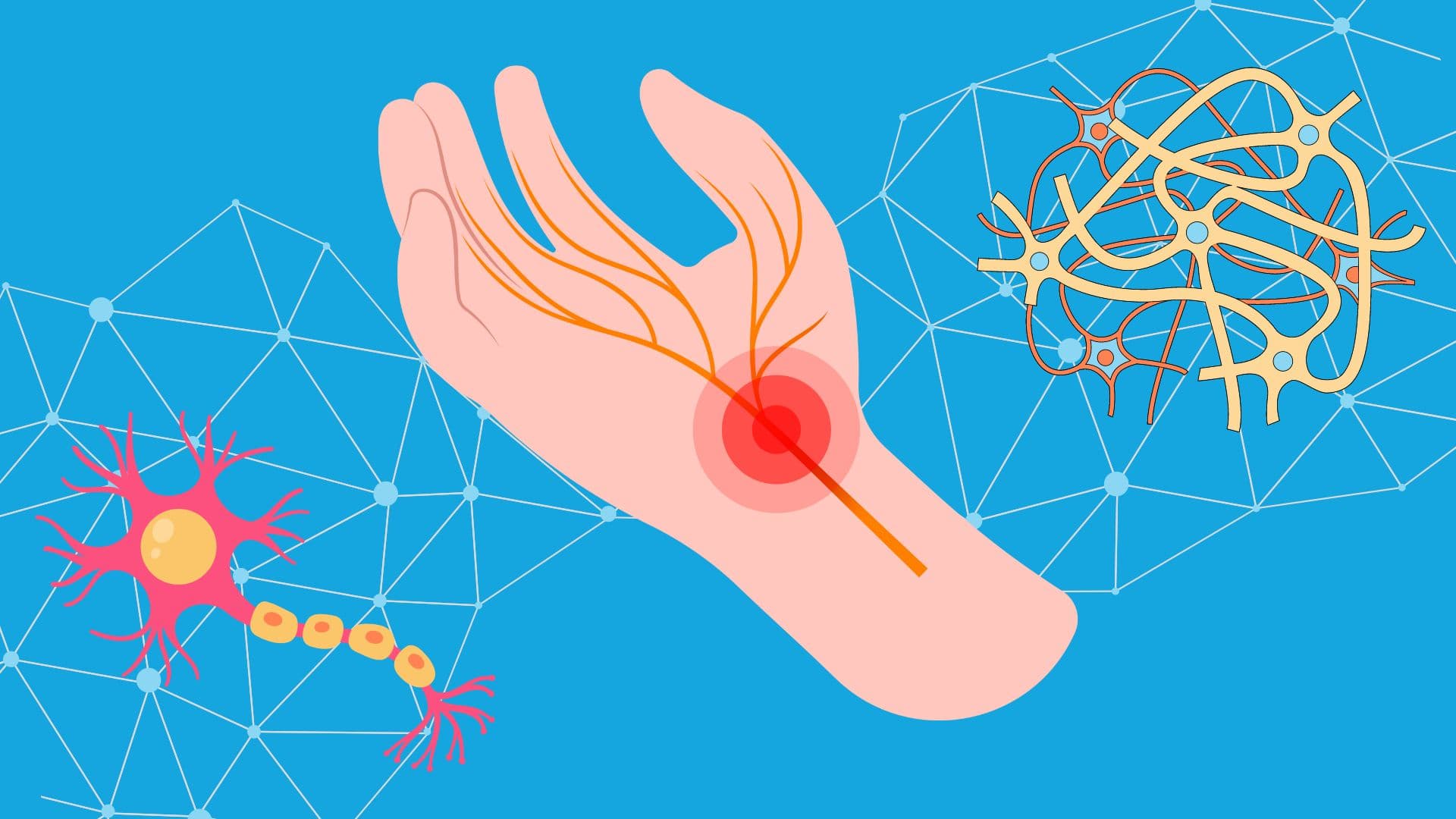
Peripheral nerves in the upper and lower limbs may be injured due to fractures or compression. Each nerve injury can be diagnosed by specific deficits in the corresponding area of distribution. Brachial plexus gives rise to all major nerves in the upper limb. Lesions of the brachial plexus are seen in birth injuries.
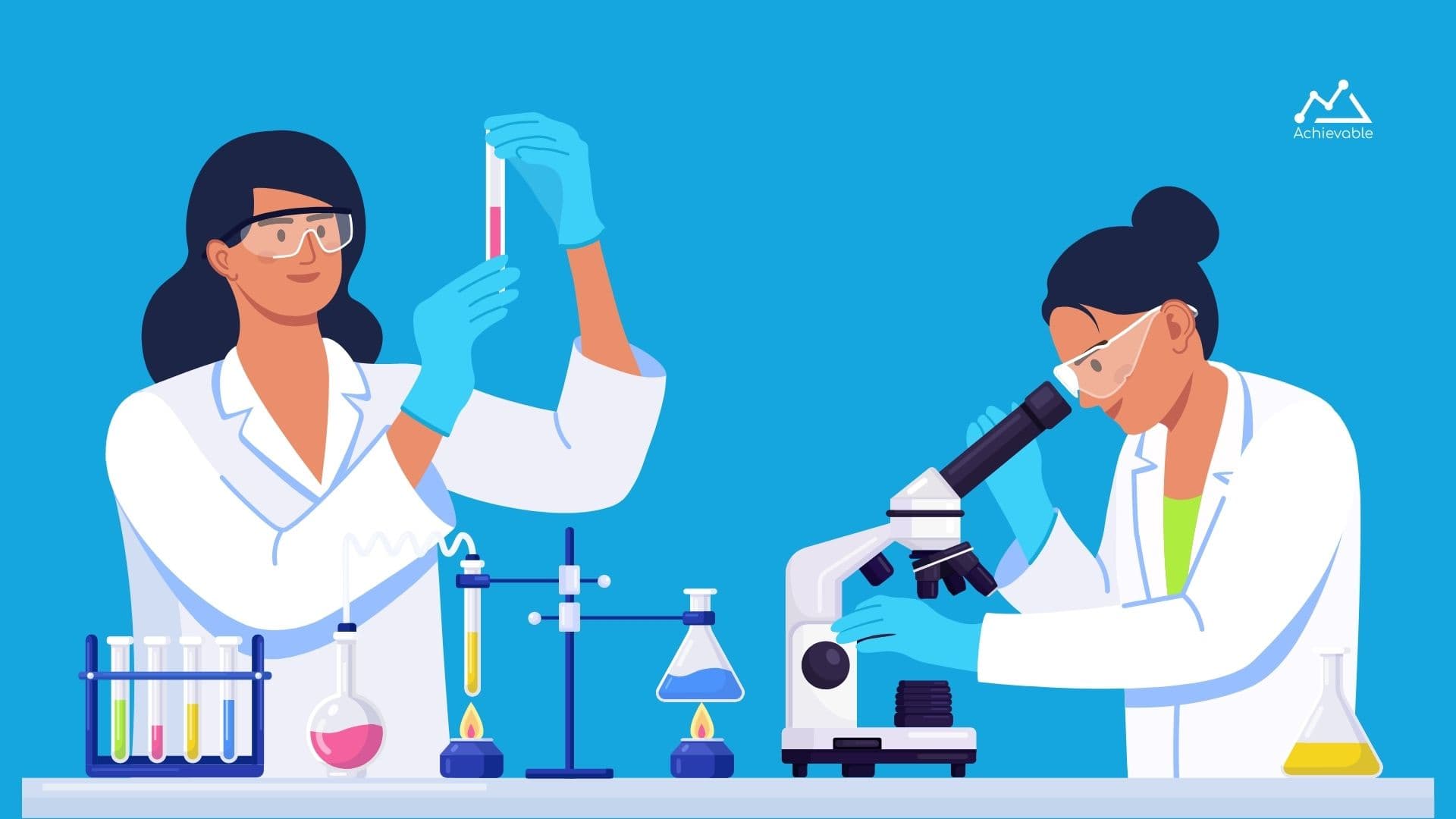
This video explains how to interpret common laboratory investigations with respect to the USMLE. SGOT and SGPT are often elevated together in many disorders but one of them may be proportionately elevated more than the other, which can give important clues for diagnosis of diseases. Alkaline phosphatase is elevated in various diseases but in the presence of liver involvement, it is specific for obstructive jaundice.
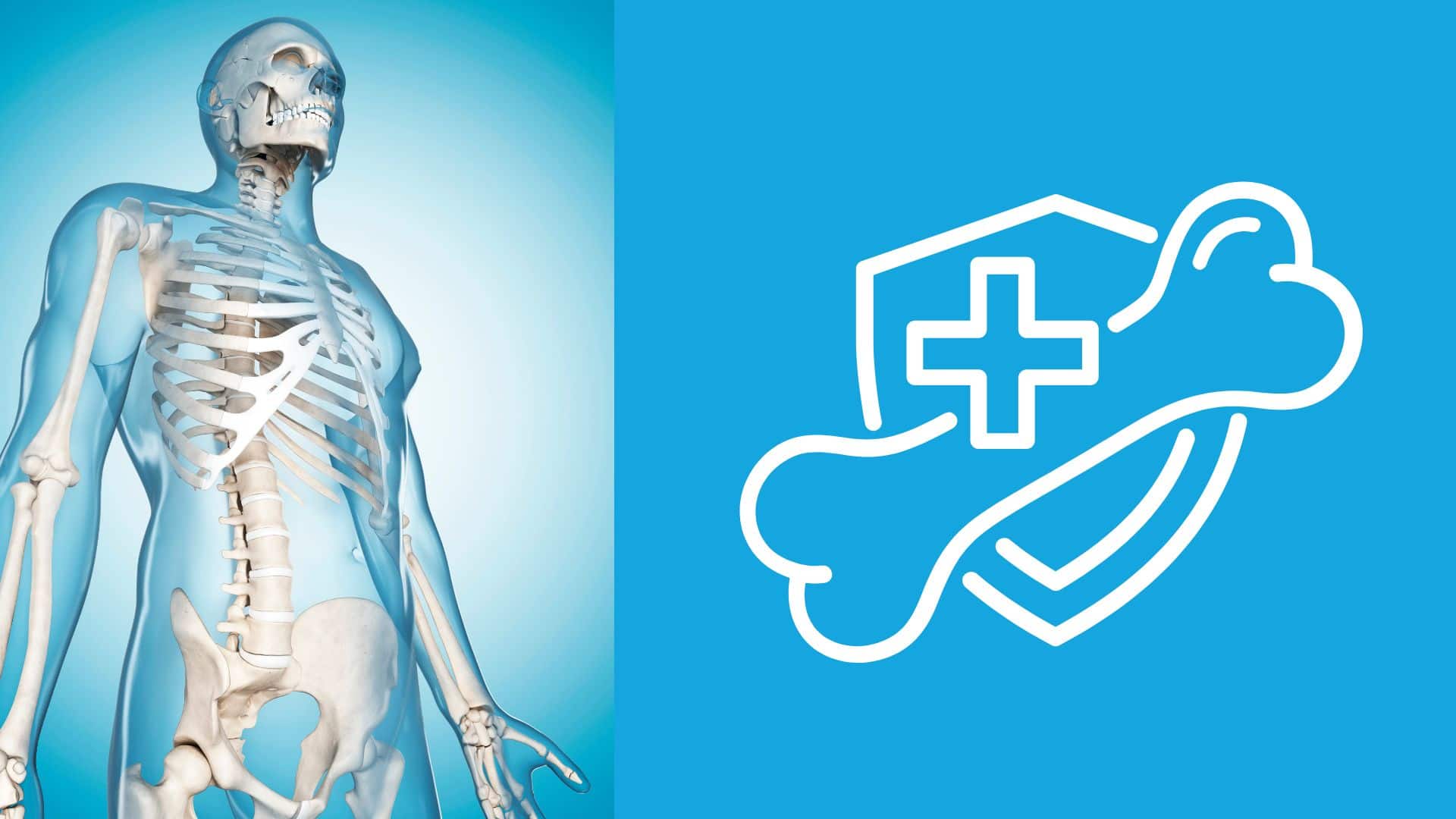
Imbalances in calcium metabolism result in hypercalcemia and hypocalcemia. Diseases affecting the parathyroid gland, kidneys and liver are the major causes of calcium imbalances. Levels of parathyroid hormone or PTH, calcium and phosphate can help to diagnose the cause of hypercalcemia and hypocalcemia.
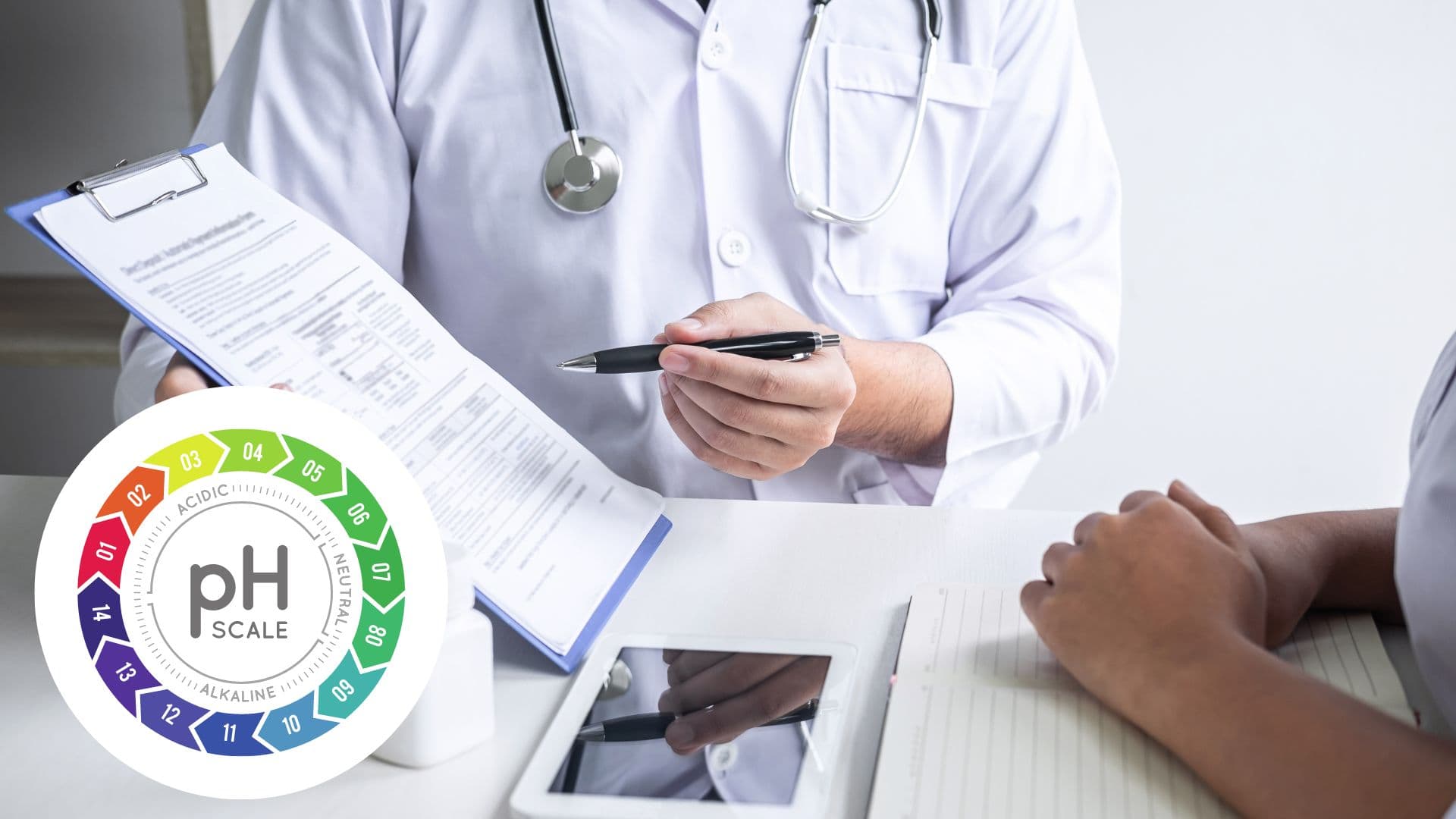
Acid-base disorders can be primary or mixed. They are common in critical care settings. It is important to recognize and correct acid-base disorders to prevent morbidity and mortality. Calculating expected compensations helps to correctly diagnose the type of acid-base disorder.
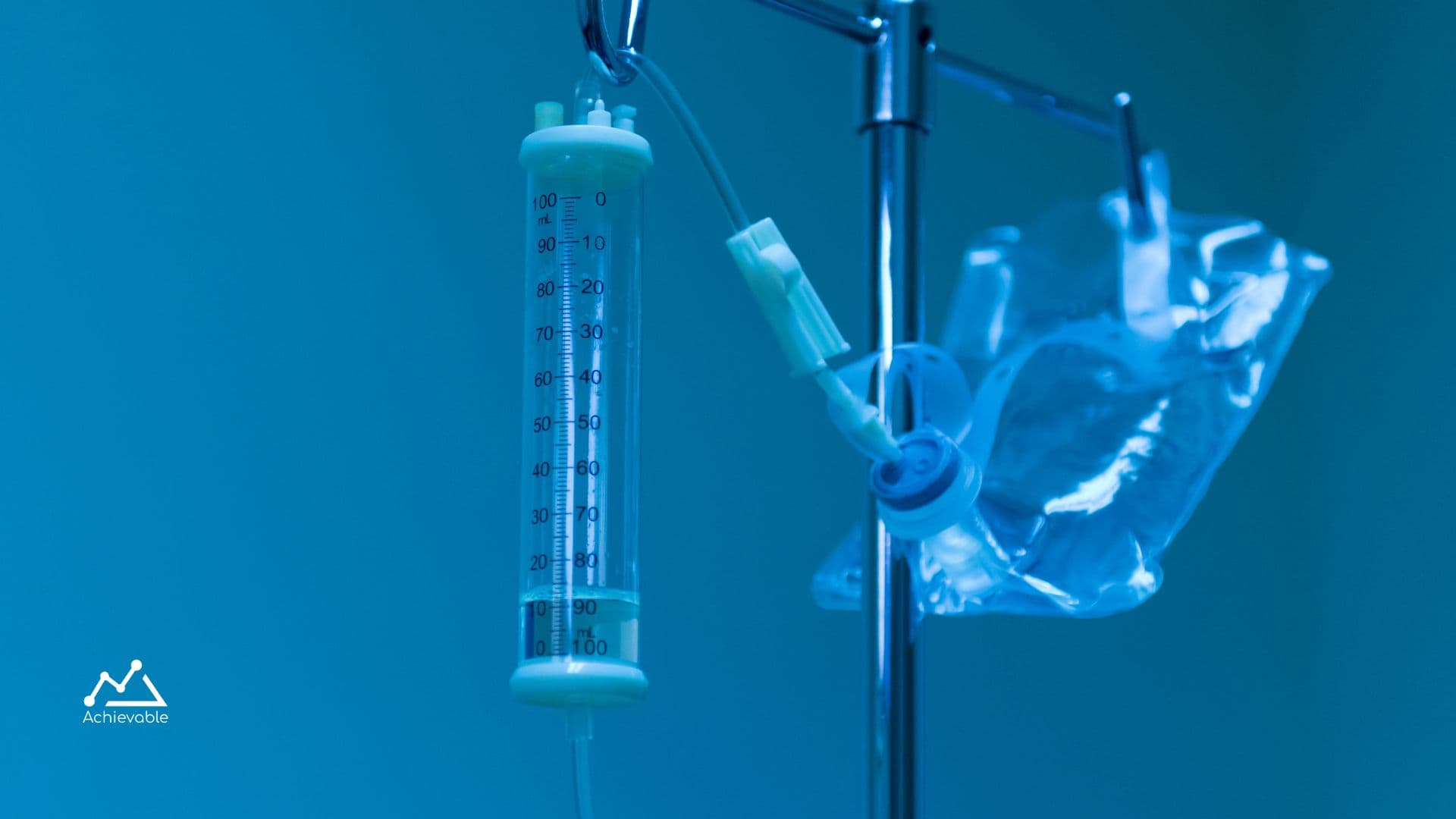
Fluid shifts between body compartments occur between the ECF (extracellular fluid) and ICF (intracellular fluid). It is determined by changes in osmolarity of ICF or ECF. The video explains the fluid shifts in different disorders and the types of volume contraction and expansion.
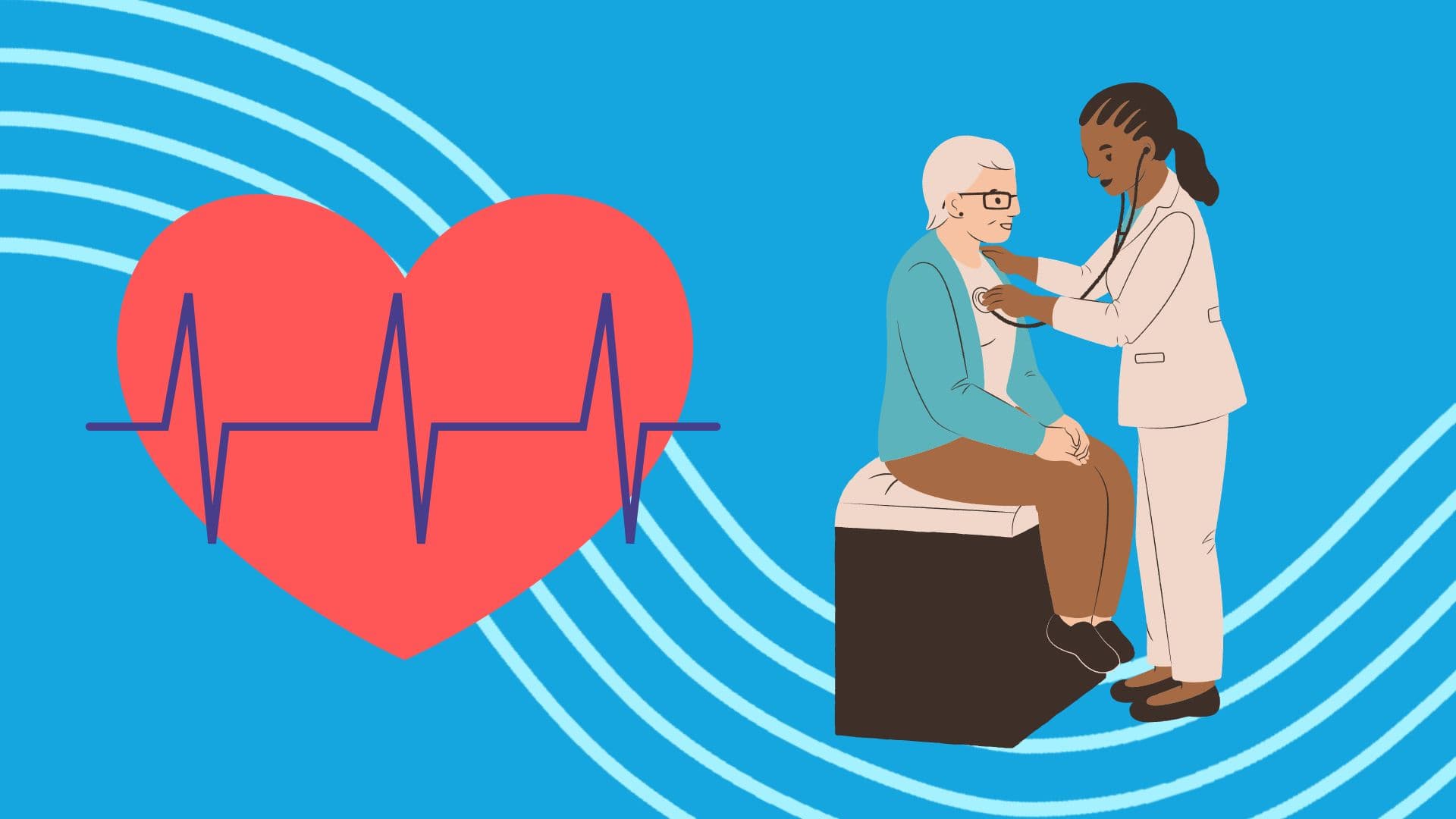
Congenital heart disorders (CHDs) are a common cause of infant morbidity and mortality and some conditions may even present initially in adulthood. This video explains how to classify CHDs as cyanotic and acyanotic and describes classical clinical, physical examination and diagnostic features of common CHDs.
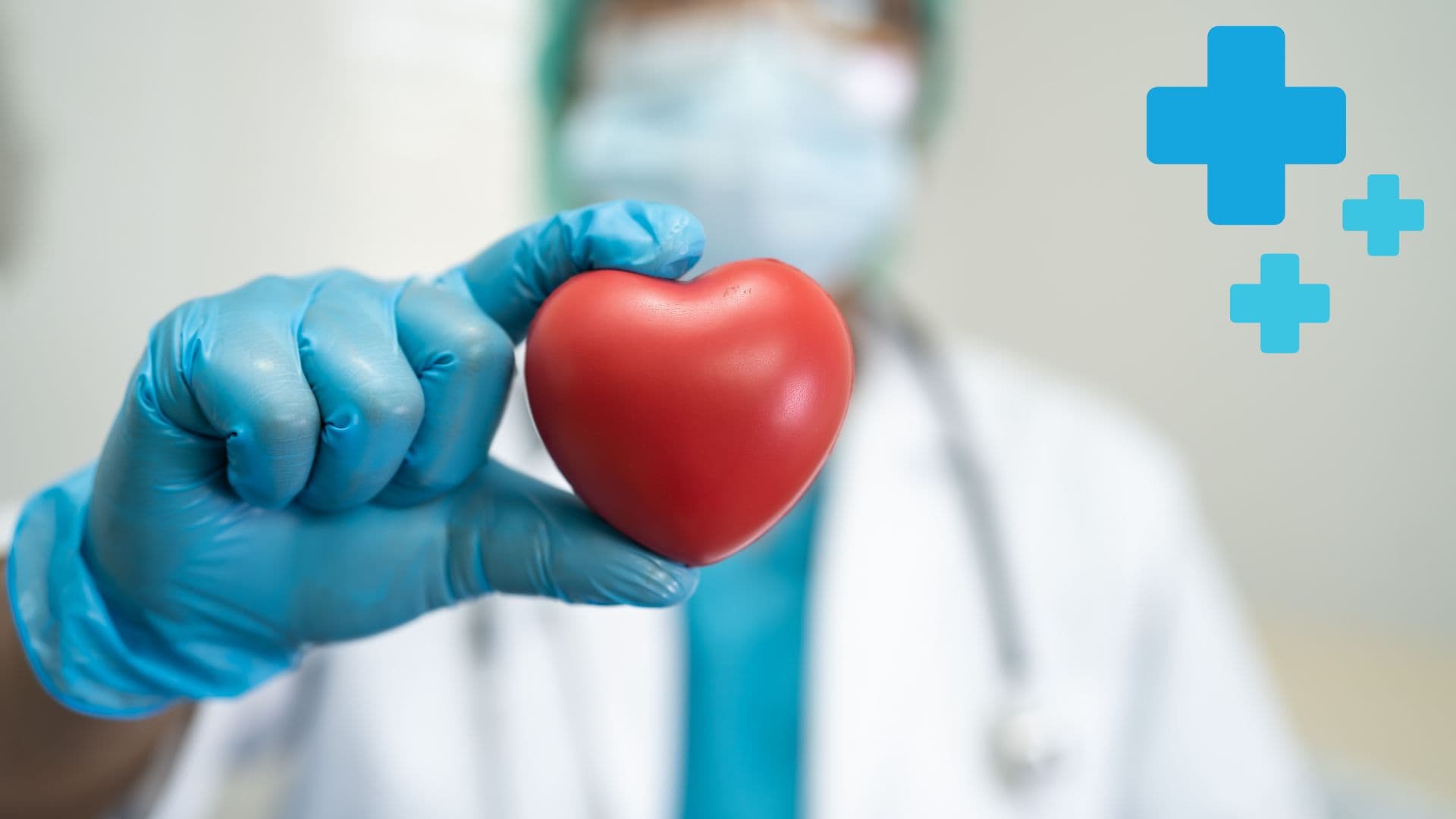
This video explains the changes seen in cardiac cycle tracings in valvular heart diseases. You can learn key features to help you differentiate normal from abnormal tracings in specific valvular disorders.
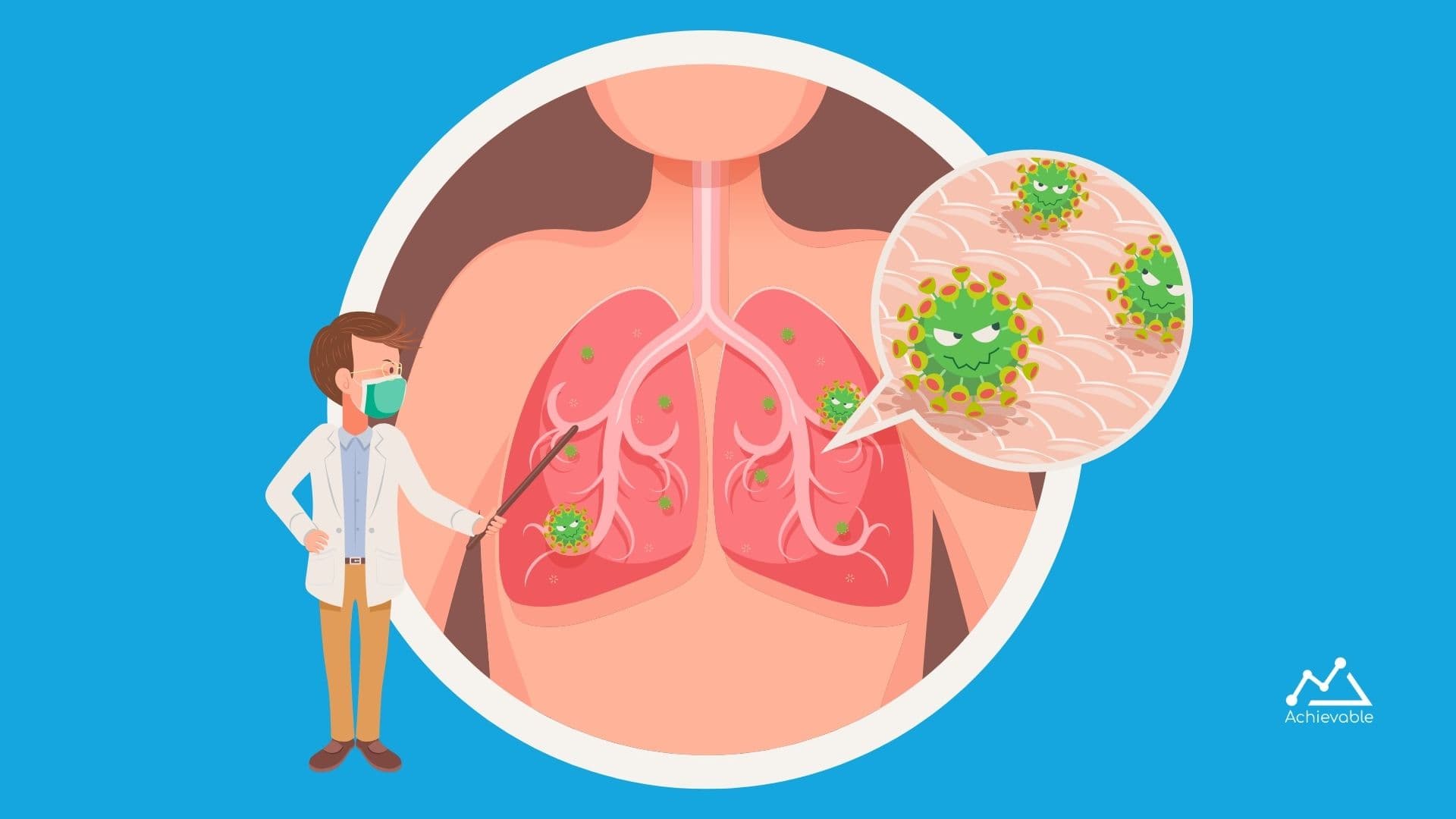
In this video Sujata explains the pathophysiology, diagnosis and management of pneumothorax. It is a high yield concept for all steps of the USMLE. Pneumothorax is of four different types and management is guided by the type and severity.

A high yield USMLE Step 1 topic is muscle weaknesses. In this video, Sujata helps you differentiate the different causes of muscle weaknesses. They can be due to strokes, spinal cord lesions, or nerve, muscle, neuromuscular junction and nerve disorders.

Intelligent.com names Achievable a best USMLE Step 1 prep course of 2021 due to the flexibility it offers adults with busy schedules.
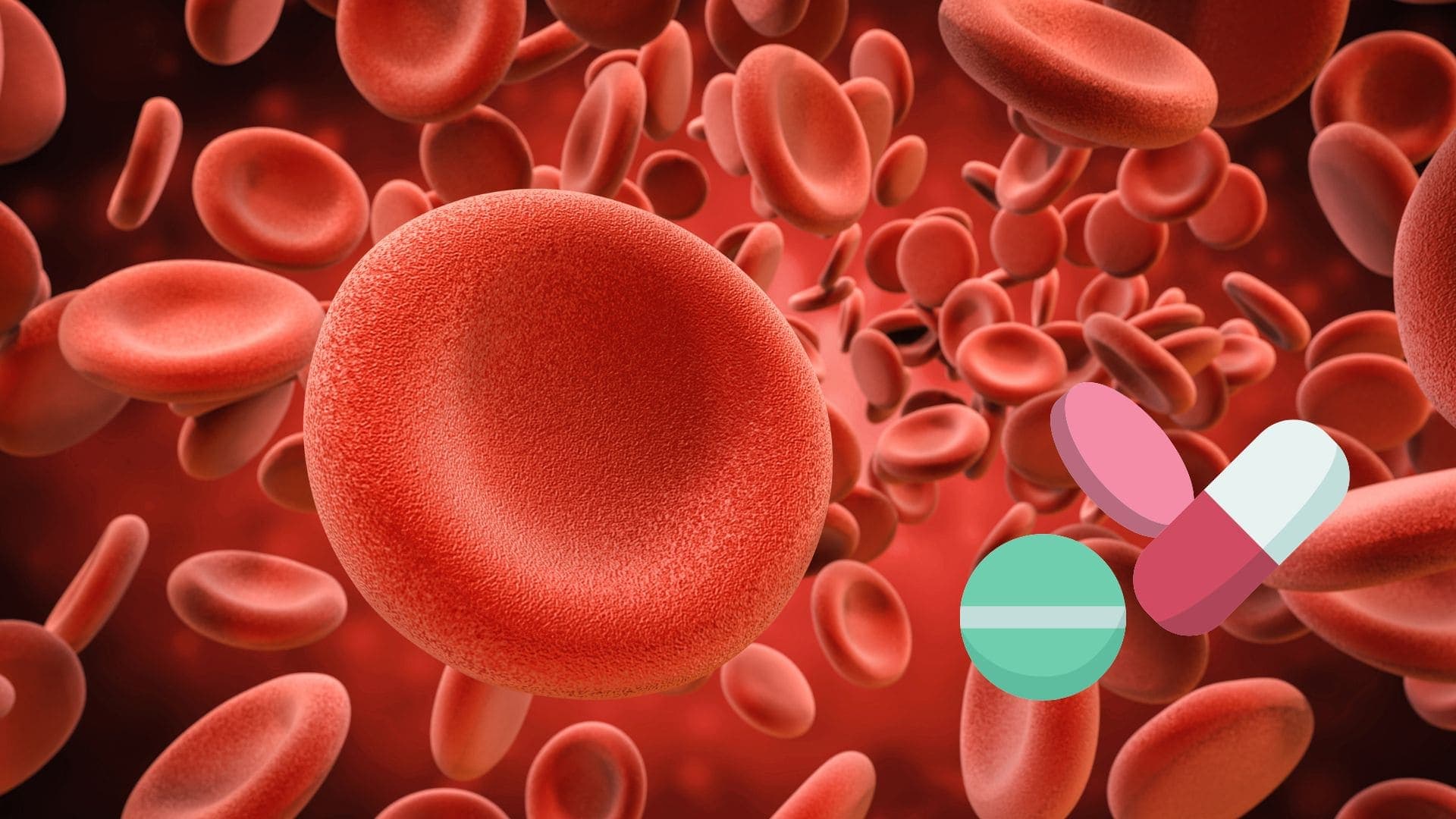
Another high yield USMLE Step 1 pharmacology topic is antiplatelet drugs. This video provides an overview of the pharmacology of cardiovascular drugs.
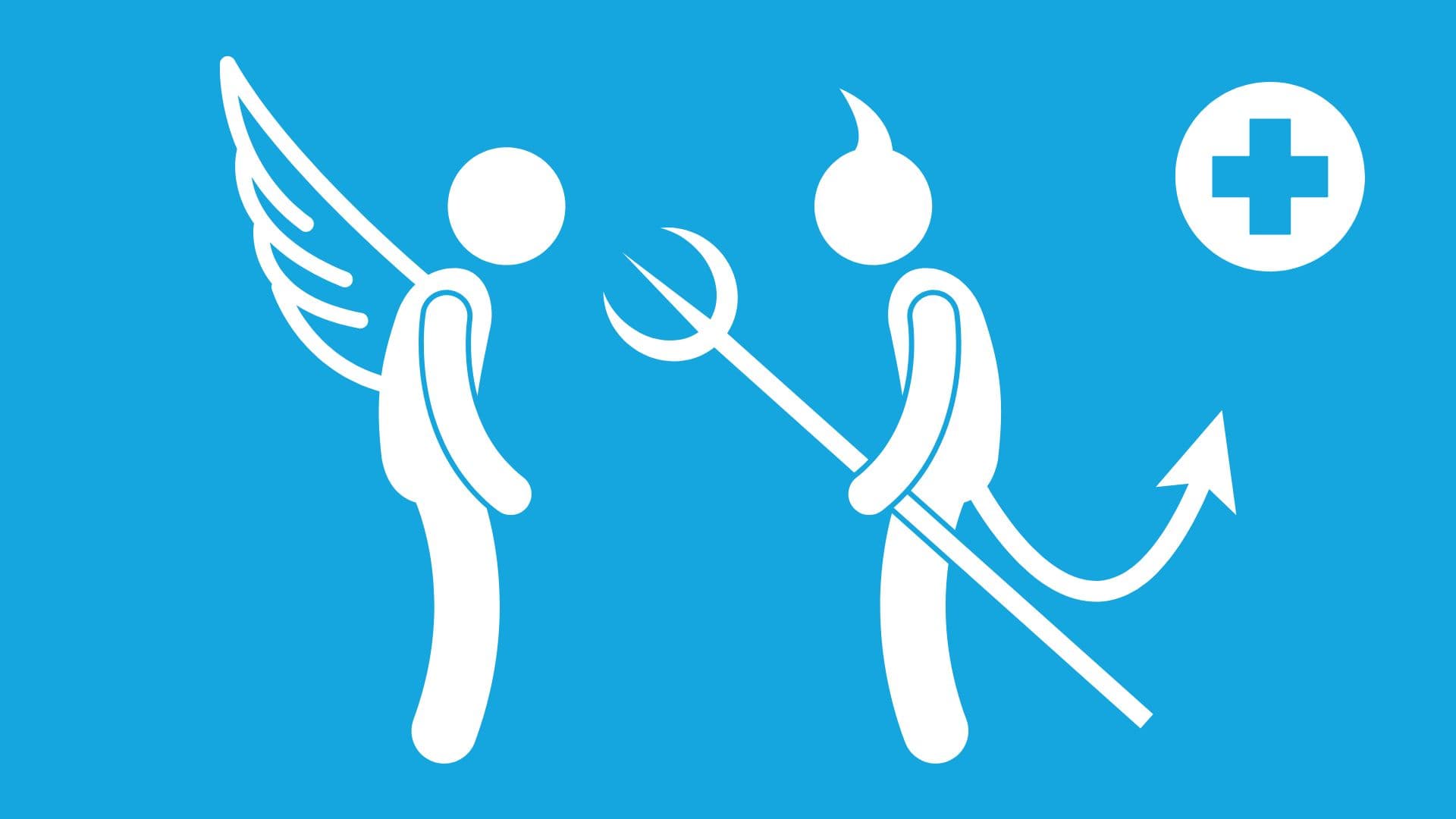
If you’re studying for the USMLE Step 1, understanding the pharmacodynamics of drugs and how they interact with patients is crucial. In the below video, Sujata Arecanteparamb, M.D., founder of GraceUSMLE and author of Achievable’s USMLE Step 1 course, explains the difference between agonists and antagonists in this short video.
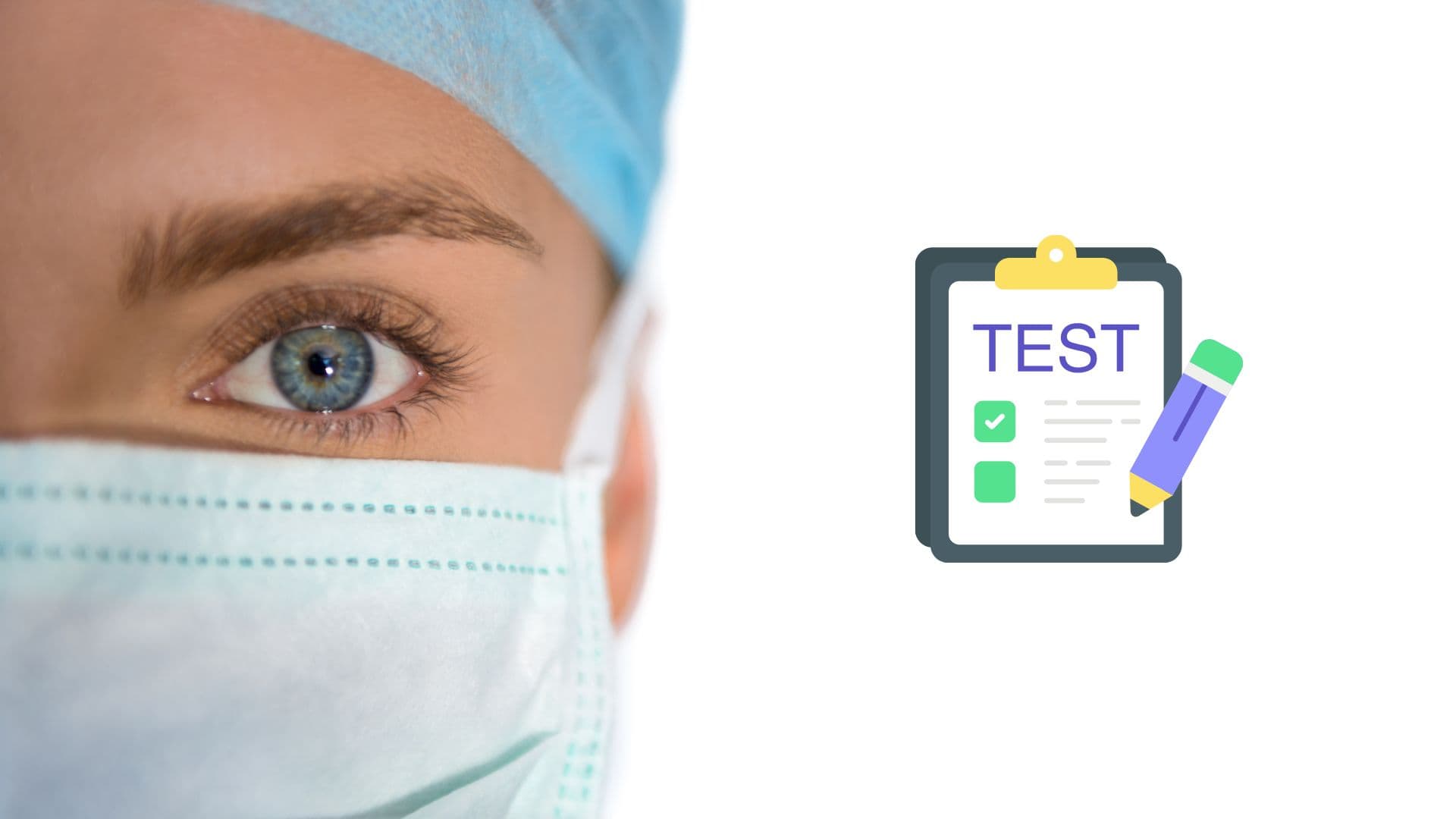
Two of the most important tests that future doctors need to take are the MCAT and USMLE. But what are these tests? And how are they different?

The USMLE provides a free practice exam for prospective Step 1 test takers: the “USMLE Free 120”. Learn more about the test and how to use its results.

There are 14 medical specialties you can apply to for your residency – which one is right for you? We rank them by USMLE score, average salary, and share details so you can see which specialty is right for you.